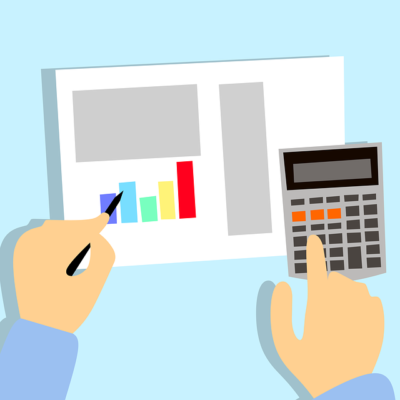You’re a smart, savvy person. You know that banking and investing can be complicated and stressful. You’ve probably even heard the advice to set aside some save money. And invest it long-term so that you have an emergency fund in case anything goes wrong. But how do you save your money on banking and investments? Let’s take a look at four tips for saving your hard-earned cash while making smart decisions about saving money:
Watch for Overdraft Fees:
When trying to save money, your checking account is one of the best places to start. Overdraft fees can add up quickly and become quite costly if you’re not careful. To avoid this situation, check your balance before making any purchases that could result in an overdraft fee. The last thing anyone wants is for their bank account to be drained because they forgot about a few overdraft charges! Choose bank that don’t charge fees.
Another option is using credit cards instead of debit cards whenever possible. For example, debit cards are linked directly to your bank account. So, any transaction will automatically be deducted from your available balance (as long as there’s enough money). Credit cards allow customers to pay later since they don’t activate until after purchase. This gives you more time to decide whether or not completing a transaction makes sense for your budget at that moment or not.
As per SoFI experts, “Banking shouldn’t cost you money.”
Monitor Foreign Transaction Fees:
You may be familiar with foreign transaction fees if you’re a frequent traveler. These are the small fees that credit card companies charge when you use your card to purchase in another country or currency. These fees can be as high as 3% of the transaction amount and can add up quickly on purchases, big or small. If you regularly travel internationally, it’s important to keep track of these charges. So they don’t end up eating away at your savings.
Luckily for travelers everywhere, there are ways around this problem, some banks allow their customers to waive or reduce these fees by applying for special cards before they leave on their trip (this is often referred to as “traveling abroad”).
If your bank doesn’t offer such a feature for its own account holders, look into other options—there are plenty available online if you know where and how to look!
Track Your Investments:
In addition to having an emergency fund, it’s important to have a plan for any extra money you have. If your goal is long-term financial security and happiness, then managing your investments correctly is important. A great way to ensure that you’re getting the most out of your investments is by tracking them regularly.
Look for Free or Low-Cost Options:
If you’re not careful, you can easily lose hundreds of dollars each year in fees that you didn’t realize were being charged. This can add up to thousands of dollars over time. And make it harder for you to set aside savings or pay down debt.
On top of that, it’s easy to get stuck with companies that have interests that conflict with yours. They may offer lower rates on loans but charge higher interest on checking accounts—or vice versa. Or they might offer great savings accounts but don’t have the best credit cards or mortgages available through their network.







